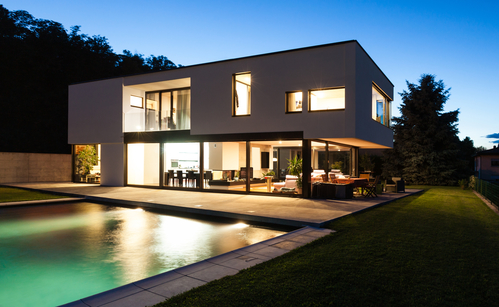Residential Standby Generator Buying Basics
Aug 18, 2016A residential standby generator is a useful investment for any home. The natural elements and many other outside forces can disrupt your home’s power at any time, and living without that power has become increasingly difficult in recent decades. If you are considering purchasing a standby generator for your home, take a look at the things you’ll need to make sure it is installed well, and that it will be there for you when you need it most.

Know Your Needs
One of the first things to understand is precisely what sort of generator your home needs. Not all generators are created equal and they serve different power needs. Residential standby generators are the type commonly used as backups for homes, and these are usually fueled by gasoline and started by a battery as soon as the standard power grid fails—unless you choose a manual generator that you start when you need it. These can be somewhat noisy, and so it is important to be aware of any noise regulations in your city or residential area.
So, how much power do you want for your home, how often do you feel you will need to use it, and what sort of fuel do you want it to use? The answers to these questions will help you decide on the best option for your needs.
Don’t Forget the Accessories
Merely picking a generator and taking it home is not enough. These units need parts that support their ongoing use and function. There are a number of essential pieces to add to your residential standby generator purchase:
- Transfer Switch: This accessory is what allows your home’s power system to switch from the power grid’s supply to the generator’s power, and then back again when the normal power comes back on. They can be automatic or manual, and they are a very important element of the standby generator system.
- GenPad or Concrete Base: As heavy as a residential standby generator can be, merely setting it on the ground outdoors is not a good idea. It may shift with changes in the dirt or gravel, become dirty and impair function, and, in some cases, may void those important warranties. The GenPad is an easy-installation base for a standby generator, and pouring concrete is also an option. Review recommendations for your generator choice, but always consider a base with your purchase for the life of your unit.
There are many details to cover when you choose a residential standby generator, and we know the importance of making the right purchase. We have the expertise at AP Electric and Generators, so visit our website, or call us at 847-516-8882, and let us help you make the best decision for your home’s power needs.
